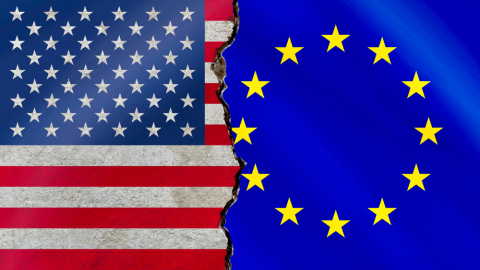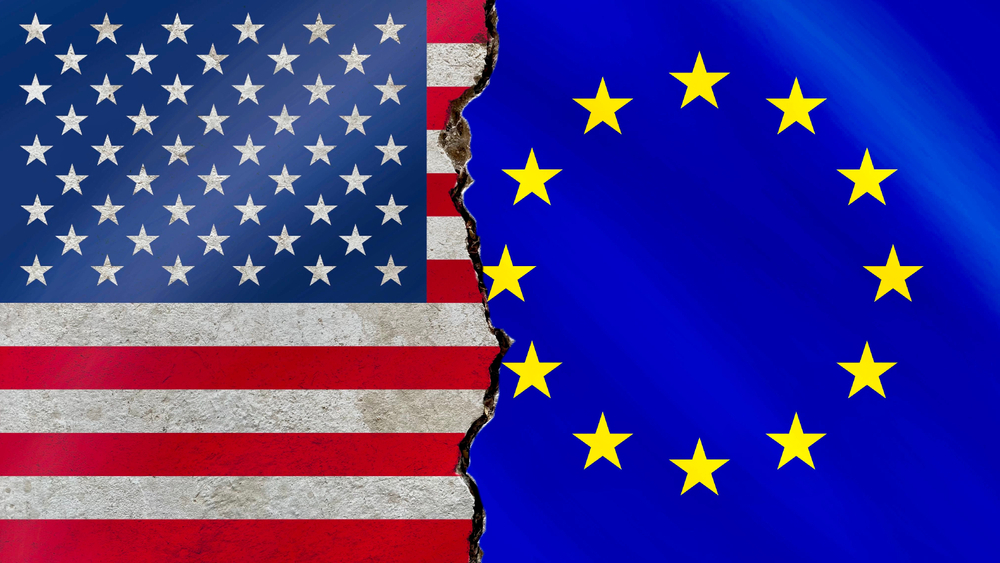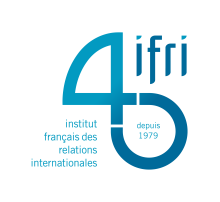Europe in turbulence: navigating a new world order without the United States?

Practical information
Accessibility
Related centers and programs

The foundations of the post-1945 international order, long anchored by U.S. leadership, are shifting. Amid intensifying geopolitical rivalry, democratic backsliding, and strategic fatigue in Washington, the question arises: what if the United States no longer plays its pivotal role in international security? Simultaneously, the Global South is asserting new political and economic agency, complicating the old binaries of West vs. Rest. For Europe, this landscape is both a challenge and an inflection point.
The continent faces renewed insecurity at its borders, questions about the future of NATO, and economic vulnerabilities tied to global supply chains. In response, the European Union has intensified its efforts at articulating an ambition for strategic sovereignty — in defense, technology, energy, and diplomacy. But can Europe move from aspiration to action if it must navigate this evolving world order without a reliable transatlantic partner?
This conference aims to explore the contours of a possible new world order where U.S. leadership is diminished, contested, or altogether absent. What would such a world look like? What role could — or should — European nations play in maintaining global stability, defending democratic values, and responding to crises in its neighborhood and beyond?
10h00 Opening
Dietmar Schweisgut, Secretary General of the Austro-French Centre for Rapprochement in Europe
10h15 Discussion
Michael Reiterer, Professor, Centre for Security, Diplomacy and Strategy (CSDS) at the Brussels School of Governance, Vrije Universiteit Brussel
Daniela Schwarzer, Member of the Executive Board of the Bertelsmann Stiftung
Georgina Wright, Special adviser to the President et senior fellow at the German Marshall Fund
Dominique David, Advisor to the Executive Chairman of French Institute of international relations (Ifri), President of the Austro-French Centre for Rapprochement in Europe
Moderation
Marie Hürlimann, Co-director of Foraus – Swiss forum on foreign policy
Videoconference in English without translation on the platform Zoom
Replay
Contact
Our partners
Related Subjects
Other events

EV Supply Chains for Japan and Europe: Strengthening Economic Security
Economic security aims to ensure the resilience of supply chains for key industries: the case of electric vehicle production in Japan and Europe will be discussed.

What Kind of Technological Partnership with India?
As India asserts its technological ambitions and seeks to reduce its dependence on China, Europe is stepping up its efforts to diversify its strategic partnerships. What opportunities arise from the convergence of these two dynamics? Can cooperation in cutting-edge sectors—from electric vehicles to artificial intelligence and semiconductors—transform the Indo-European relationship into a lever for strategic autonomy?









